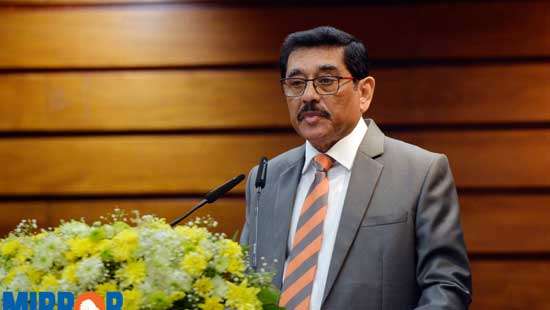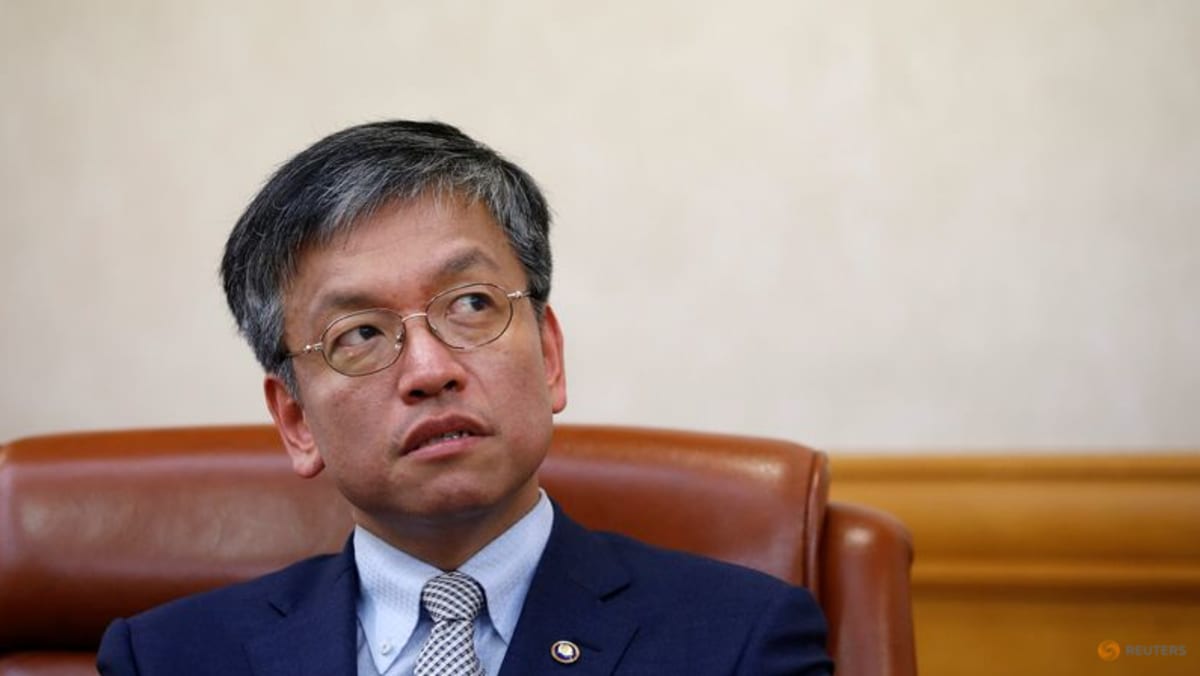Japan Hints at Using US Treasury Holdings as Leverage in Trade Dispute with Trump

Tokyo, Japan – In a surprising and potentially significant statement, Japanese Finance Minister Katsunobu Kato suggested that Japan's substantial holdings of U.S. Treasury bonds could be used as a bargaining chip in ongoing trade negotiations with the Trump administration. The remark, made Friday, has sent ripples through financial markets and sparked debate about the potential implications for the U.S. economy.
Kato’s comment, translated from Japanese, indicated that Japan's considerable investment in U.S. debt – currently estimated to be over $1.2 trillion – “does exist as a card” that could be deployed during discussions surrounding tariffs and other trade barriers.
A Delicate Balancing Act
Japan has long been a major creditor to the United States, consistently ranking among the largest foreign holders of U.S. Treasuries. These bonds are considered a safe and stable investment, and Japan's purchases have helped to keep U.S. interest rates lower than they might otherwise be. However, the escalating trade tensions between the two countries have introduced a new layer of complexity to this relationship.
The Trump administration’s aggressive trade policies, including the imposition of tariffs on Japanese goods like automobiles, have strained relations and prompted retaliatory measures from Tokyo. Kato's remarks suggest that Japan is exploring all available options to protect its economic interests and secure a more favorable trade deal.
Market Reactions and Potential Consequences
The Finance Minister’s comments immediately impacted financial markets. U.S. Treasury yields initially dipped as investors considered the possibility of reduced demand for U.S. debt. However, the reaction was tempered by the understanding that Japan would likely proceed with caution, given the potential consequences of a large-scale sell-off.
Analysts warn that any significant reduction in Japanese holdings of U.S. Treasuries could lead to higher interest rates in the United States, potentially slowing economic growth and impacting the dollar's value. It could also trigger a broader reassessment of global investment patterns.
Strategic Implications
Kato’s statement is viewed by some as a calculated move to signal Japan’s resolve in the trade negotiations. It underscores the interconnectedness of the global economy and the potential for financial tools to be used as leverage in geopolitical disputes. While a full-scale divestment from U.S. Treasuries is unlikely, the mere suggestion of such a possibility has sent a clear message to Washington.
The situation remains fluid, and the future of U.S.-Japan trade relations remains uncertain. However, Kato’s comments have undoubtedly added a new dimension to the ongoing negotiations and highlighted the complex interplay between trade, finance, and international relations.
Looking Ahead
Future developments will depend on the outcome of the trade talks and the overall health of the global economy. Observers will be closely watching for any further signals from Tokyo regarding its Treasury holdings and its stance on trade with the United States.






